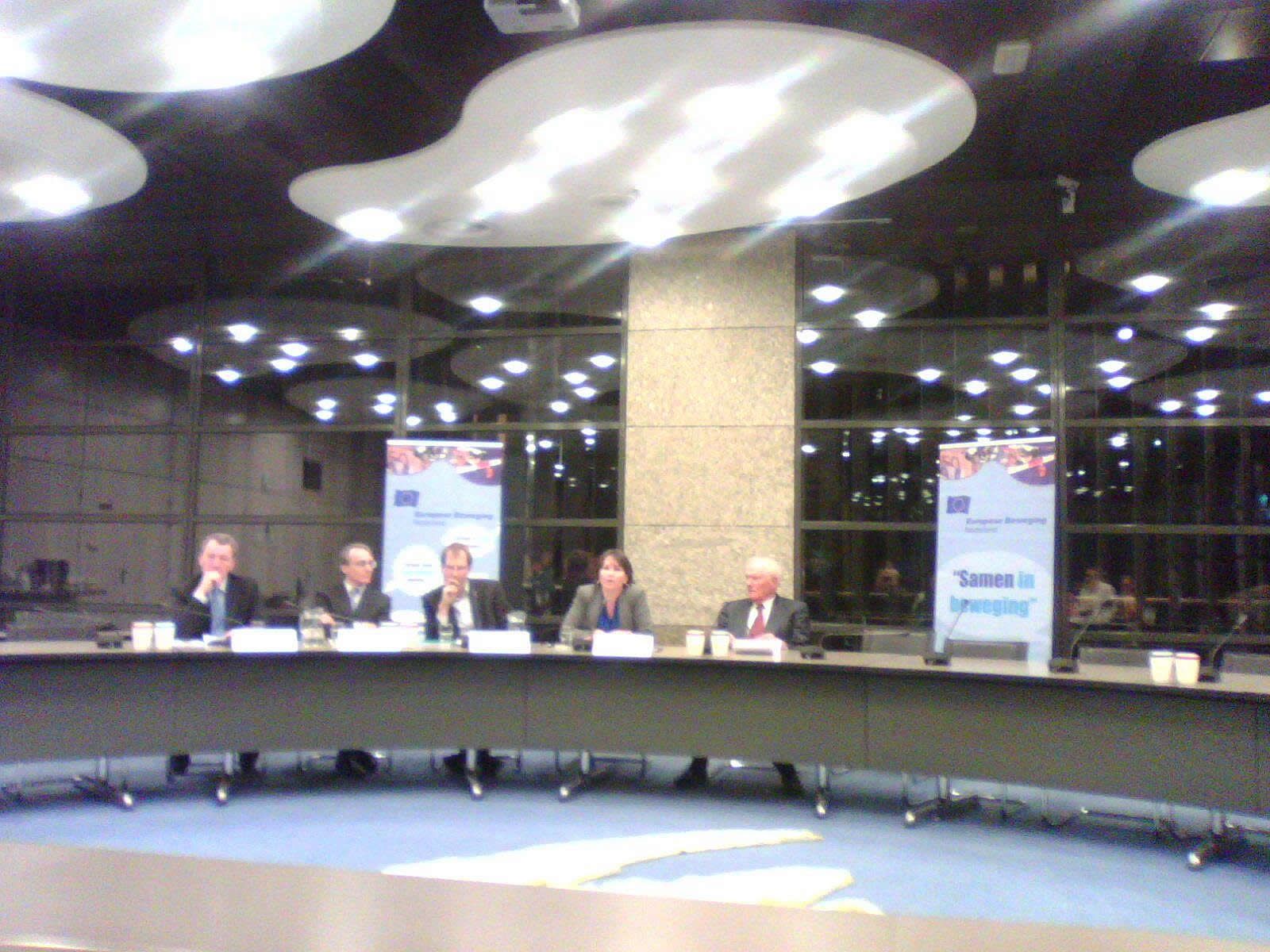Statement of the Presidency of the Permanent Council of the WEU
on behalf of the High Contracting Parties to the Modified Brussels Treaty – Belgium, France, Germany, Greece, Italy, Luxembourg, The Netherlands, Portugal, Spain and the United Kingdom.
The Western European Union has made an important contribution to peace and stability in Europe and to the development of the European security and defence architecture, promoting consultations and cooperation in this field, and conducting operations in a number of theatres, including Petersberg tasks (*).
Building on the achievements of the WEU and the principle of European solidarity, the EU has taken on crisis management tasks since 2000 and has now developed a Common Security and Defence Policy.
With the entry into force of the Lisbon Treaty, a new phase in European security and defence begins. Article 42.7 of the Treaty on the European Union now sets out that, if a Member State is the victim of armed aggression on its territory, the other Member States shall have towards it an obligation of aid and assistance by all the means in their power, and states that commitments and cooperation in this area shall be consistent with commitments in NATO, which for its members remains the foundation of their collective defence and the forum for its implementation.
In this context, we remain strongly committed to the principle of mutual defence of article V of the Modified Brussels Treaty.
The WEU has therefore accomplished its historical role. In this light we the States Parties to the Modified Brussels Treaty have collectively decided to terminate the Treaty, thereby effectively closing the organization, and in line with its article XII will notify the Treaty’s depositary in accordance with national procedures.
The Assembly of WEU has contributed substantially to the development of a European culture on security and defence. In accordance with the specific nature of CSDP, we encourage as appropriate the enhancement of interparliamentary dialogue in this field including with candidates for EU accession and other interested states. Protocol 1 on the role of national parliaments in the European Union, annexed to the Lisbon Treaty, may provide a basis for it.
The States Parties task the WEU Permanent Council with organising the cessation of WEU activities in accordance with timelines prescribed in the Modified Brussels Treaty preferably by the end of June 2011 In this respect, the WEU Permanent Council will rely on the WEU General Secretariat’s expertise and support and consult with the WEU Assembly as appropriate. It will in particular deal with the following aspects: implementation of the social plan for the WEU General Secretariat’s personnel, the Paris-based administrative services and the WEU Assembly’s staff, on the basis of the social plan of 2000 and in consultation with the personnel representatives; management of the pensions and settlement of issues related to the WEU premises in Brussels and Paris.
Associate members, observers and associate partners will be duly informed by the Presidency of the Permanent Council during the process. |

